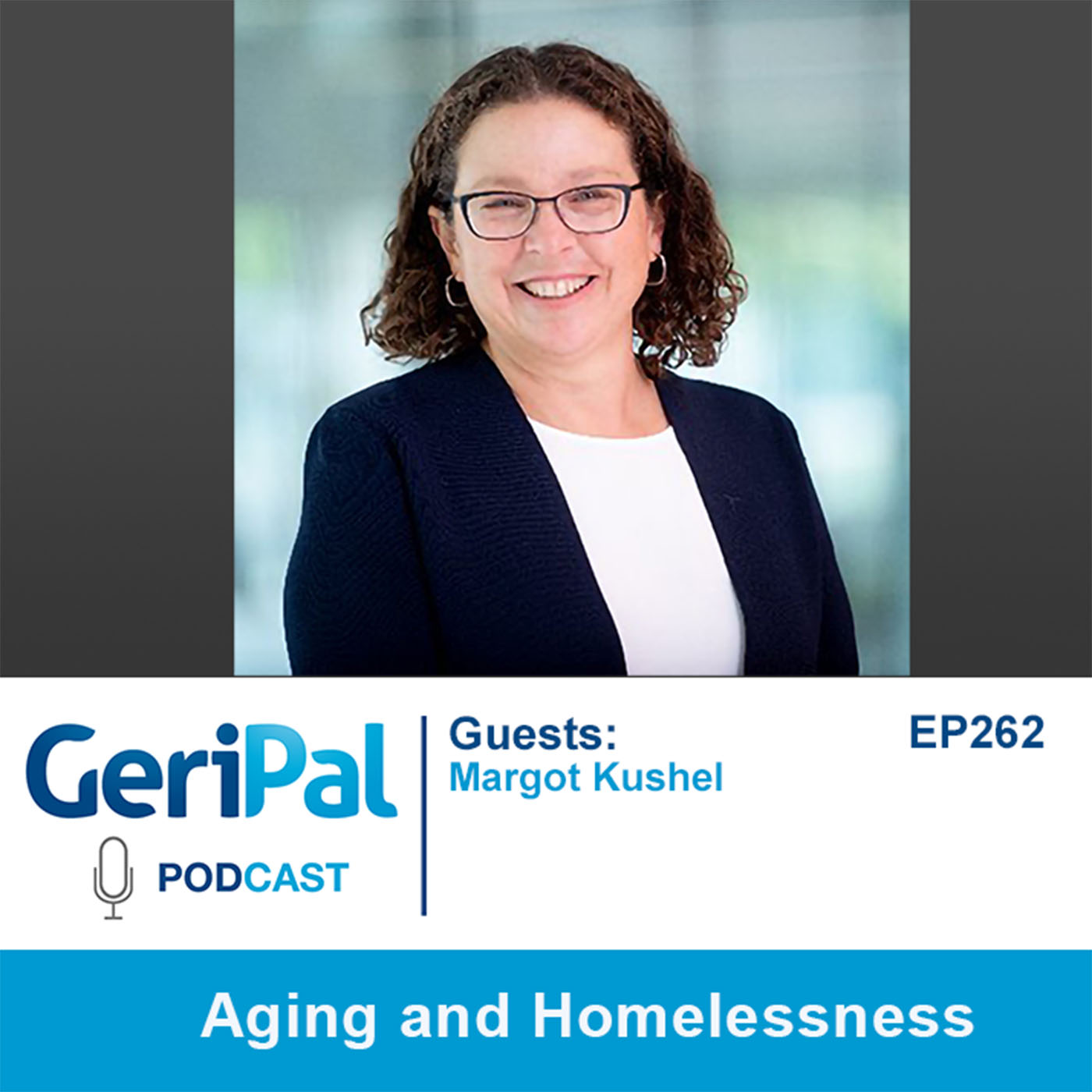Aging and Homelessness: Margot Kushel

In 1990 11% of homeless persons were older than 50.\xa0 Today half are over age 50.\xa0 Today we talk with Margot Kushel about how we got here, including:
-
That sense of powerlessness as a clinician when you \u201cfix up\u201d a patient in the hospital, only to discharge them to the street knowing things will fall apart.
-
Chronic vs acute homelessness
-
What is the major driver of homelessness in general?\xa0\xa0
-
What is the major driver of the increase in older homeless persons?
-
Why do we say \u201cover 50\u201d is \u201colder\u201d for homeless persons, why not 65?\xa0
-
To what extent is the rise of tech in San Francisco to blame for our local rise in homelessness?\xa0
-
What are the structural factors and individual factors that contribute to homelessness?
-
How has the history of redlining and the federal tax subsidy of wealthy (mostly white) people in the form of a mortgage interest deduction contributed to racial inequalities in homelessness?
-
What can we do about it?\xa0 What are the highest yield interventions and policy changes?
-
What should we call it - homeless or unhoused?
We were fortunate to make it to the end of this podcast before Margot lost power.\xa0 It\u2019s storming again in the Bay Area at the time we record this.\xa0 So much harder than for the older homeless people on the streets with no power to lose.\xa0 A mad world out there (song hint).
Key references:\xa0
-Margot Kushel\u2019s UCSF Grand Rounds\xa0
-JAMA IM paper on mortality among older homeless persons
-NEJM perspective arguing that interventions to address homelessness shouldn\u2019t be evaluated on cost savings.
\xa0
-@AlexSmithMD
\xa0